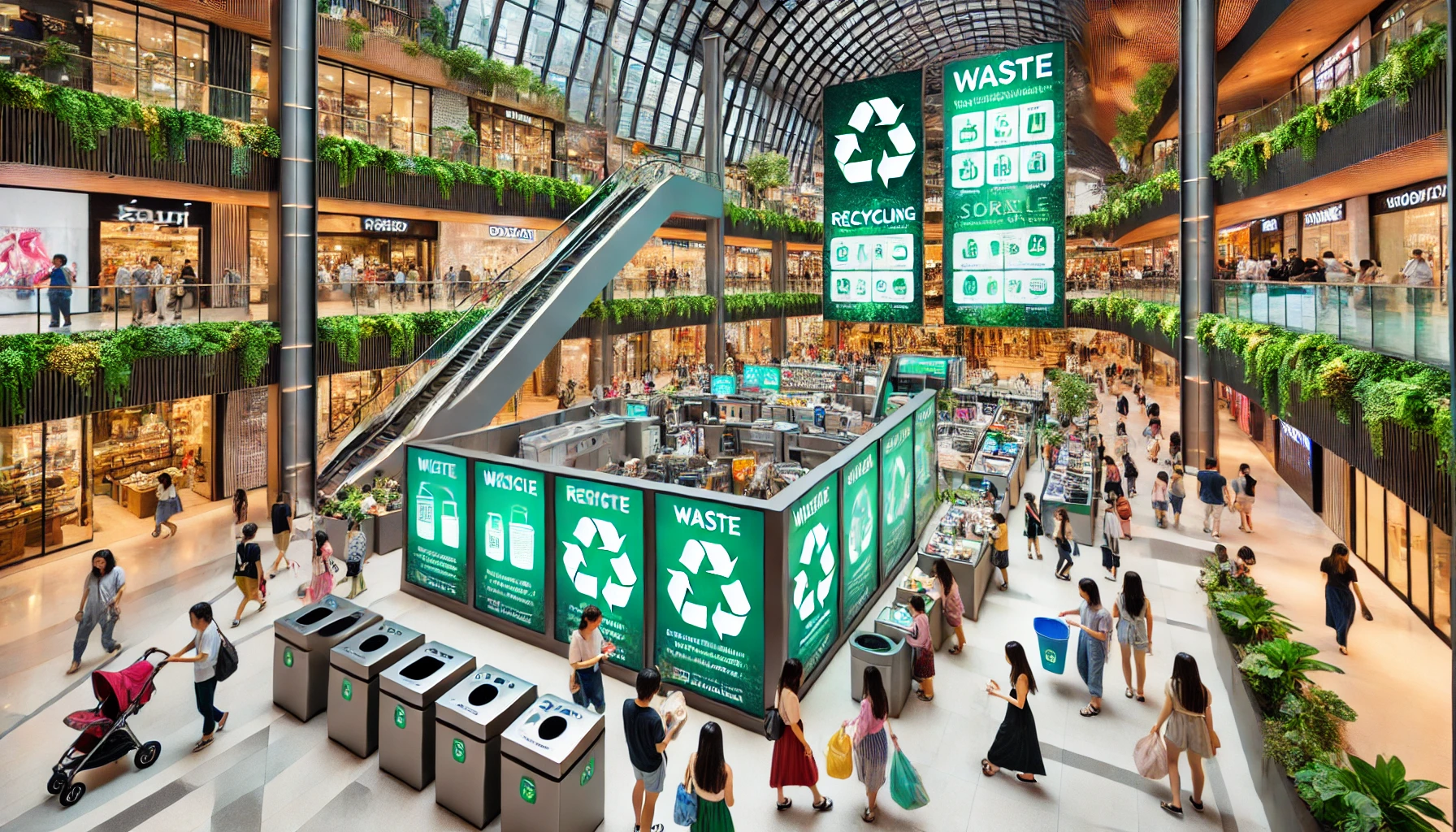₹1,500 Cr Incentive Scheme Launched to Boost Critical Mineral Recycling in India
The initiative, a core component of the National Critical Mineral Mission, aims to address the growing demand for critical minerals—vital for green technologies, electronics, mobility, and strategic industries—through robust recycling systems.

- Country:
- India
In a decisive move to strengthen India's circular economy and secure supply chain sustainability for critical minerals, the Union Cabinet on 3rd September 2025 approved a ₹1,500 crore Incentive Scheme for Critical Mineral Recycling. The initiative, a core component of the National Critical Mineral Mission, aims to address the growing demand for critical minerals—vital for green technologies, electronics, mobility, and strategic industries—through robust recycling systems.
Fast-Tracked Implementation Underlines Policy Commitment
Demonstrating strong political and administrative will, the Ministry of Mines swiftly operationalized the scheme. Following Cabinet approval in early September, detailed guidelines were issued by the Ministry on 2nd October 2025, after thorough stakeholder consultations. The application process for eligible entities was launched the same day.
This accelerated rollout has been widely appreciated by industry stakeholders, who view it as a proactive and responsive measure to current market and environmental challenges. Active engagement is already underway between recyclers and the Ministry to tap into this opportunity.
Eligible Feedstock and Evolving Waste Landscape
The Scheme will provide financial incentives for the recycling value chain engaged in the extraction of critical minerals, focusing on:
-
E-waste
-
Spent Lithium-Ion Batteries (LIBs)
-
Catalytic converters and other scrap from end-of-life vehicles
India annually generates 1.75 million tonnes (MT) of e-waste and approximately 60 kilo tonnes (KT) of spent LIBs. These volumes are expected to multiply over the next 4–5 years due to the rapid uptake of electric vehicles, consumer electronics, and renewable energy storage systems.
To complement domestic efforts, the 2025–26 Union Budget removed customs duties on LIB scrap, facilitating imports of valuable waste feedstock for processing within India. This step ensures continuous material availability for recyclers.
Boosting the Collection and Formalization Ecosystem
The Scheme's success will depend not only on technological capabilities but also on access to sufficient input materials. This is being addressed through:
-
Formalization of collection systems under the Extended Producer Responsibility (EPR) framework
-
Enforcement of E-waste Management Rules and Battery Waste Management Rules that mandate extraction of specific materials
-
Greater integration of dismantlers, crushers, and shredders into the formal recycling ecosystem
While many private recycling companies already operate efficient scrap collection networks, this Scheme will further empower them to scale and innovate.
Moving Beyond Black Mass: Incentivizing End-to-End Recycling
A key feature of the Scheme is its focus on end-to-end recovery of metals rather than partial processing. Currently, many recyclers stop at producing black mass or black powder from batteries—a mix of valuable metals and chemicals—which is often exported due to lack of domestic extraction capabilities.
To change this, the Scheme will only incentivize those engaged in metal extraction, not those limiting themselves to black mass production. This approach seeks to encourage R4 recyclers—those capable of recovering metals like lithium, cobalt, nickel, and manganese—to expand capacity in India.
Despite being in a nascent stage, a few Indian players have developed R4 capabilities, and many are eyeing the Scheme to expand operations.
Structured Incentives and Inclusive Participation
The financial incentive has been designed to balance scale with inclusivity:
-
₹50 crore cap for large recyclers
-
₹25 crore cap for small recyclers
This structure is intended to promote broad-based participation across the value chain, from informal sector integration to formalized, high-tech extractive units. By offering viability gap funding, the government aims to support capital investment in advanced processes like hydrometallurgy and other proven technologies for mineral extraction.
Role of R&D and Skill Development
India is not starting from scratch. Several IITs, CSIR laboratories, and other R&D institutes have already developed indigenous recycling technologies and demonstrated pilot projects for metal extraction. These institutions have also been imparting training in:
-
Extractive metallurgy
-
Mineral beneficiation
-
Recycling and purification processes
Beneficiaries of the Scheme will be encouraged to tie up with these institutes to meet their skill and technology needs, ensuring knowledge transfer and capacity building across the sector.
Building a Circular Economy for Critical Minerals
This policy initiative reflects a broader strategic shift in India's resource security approach. Critical minerals—such as lithium, cobalt, and rare earth elements—are essential to the energy transition, defence sector, electronics, and clean mobility. With global supply chains under stress due to geopolitical uncertainties, India's self-reliance through recycling is becoming indispensable.
By 2030, the government envisions a circular, self-sustaining ecosystem where India can recycle, reuse, and retain valuable resources domestically, reducing dependency on imports.
The Road Ahead
The Ministry of Mines continues to collaborate with private industry to scale up infrastructure, enhance feedstock collection, and develop a robust network of recyclers. With strong policy backing and an expanding base of technological and entrepreneurial capabilities, India is poised to emerge as a global hub for critical mineral recycling in the coming decade.
This Scheme is not just an environmental or industrial intervention—it's a strategic imperative for India's long-term economic resilience, energy security, and sustainability goals.
ALSO READ
-
Revolutionizing E-Waste: India's Path to Green Growth
-
Government Launches Incentive Scheme to Boost Critical Mineral Recycling
-
Boosting the Future: Government's Bold Move on E-Waste Recycling
-
Hidden Tsunami: Unearthing America's E-Waste Export Epidemic
-
Mindpsace REIT to support campaign to curb plastic, e-waste generation in Navi Mumbai









